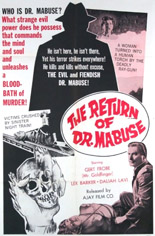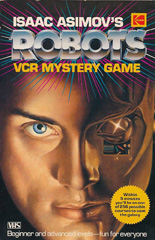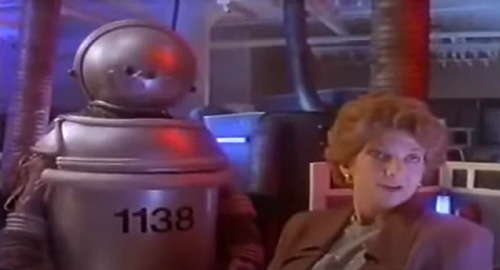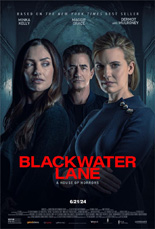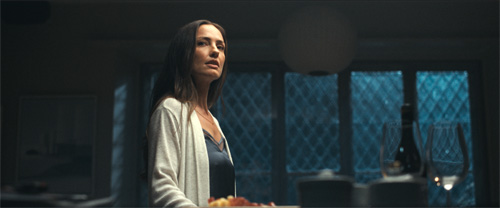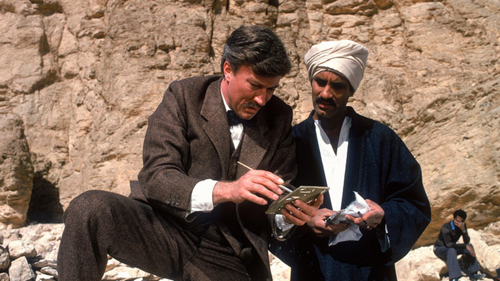
Criminal mastermind Dr. Mabuse isn’t the only one who returns in, well, The Return of Dr. Mabuse. So does Gert Fröbe, Goldfinger himself, as Inspector Lohmann. Having to cancel a fishing trip he was looking forward to so much that he patted his wife’s prodigious rear, Lohmann investigates the murder of a man to keep incriminating evidence from coming to light.
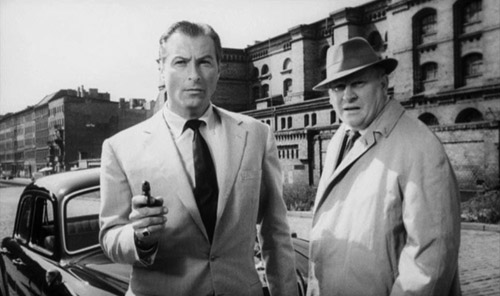
It should surprise no one that Mabuse (Wolfgang Preiss, Mill of the Stone Women) is behind it all. The pro villain is also behind a new narcotic that, when injected, turns prisoners into hypno-slaves — all the better to overtake the local atomic power plant. If only Lohmann can stop him! It should surprise no one that Lohmann can, albeit with the assistance of an FBI agent (Lex Barker, after five swings as Tarzan) and a comely photographer (Daliah Lavi, 1965’s Ten Little Indians).
More fun than the previous film, Fritz Lang’s The Thousand Eyes of Dr. Mabuse, Harald Reinl’s mean franchise debut with Return boasts a bevy of exploitable elements, from rudimentary car chases to a runaway train. You might think the highlight of this lean and kinda Eurocrime pic is the blind man meeting his end between a brick wall and a truck grill, but you’d be wrong. That honor goes to the floozy who gets flambéd by a flamethrower — in front of the Bimbo Bar, no less! —Rod Lott

